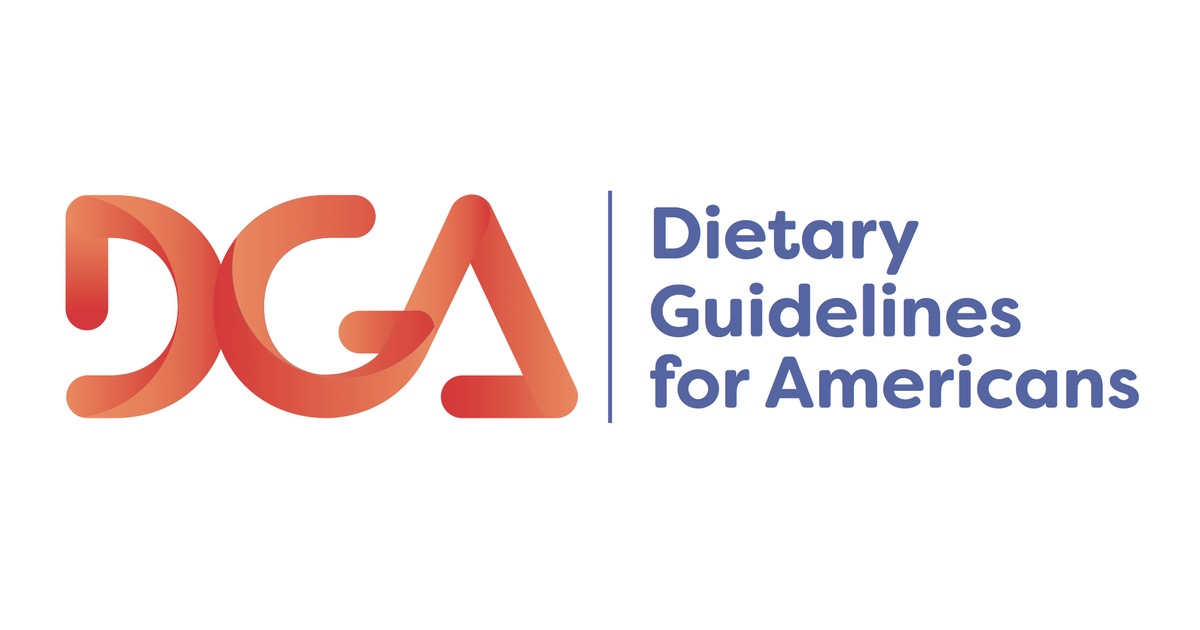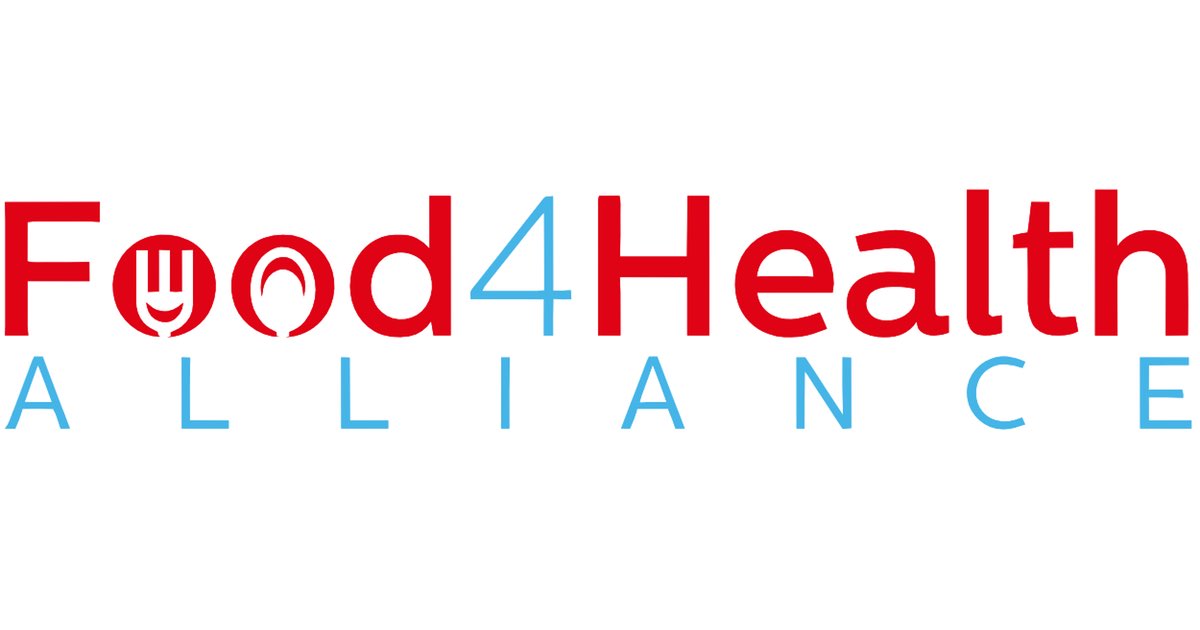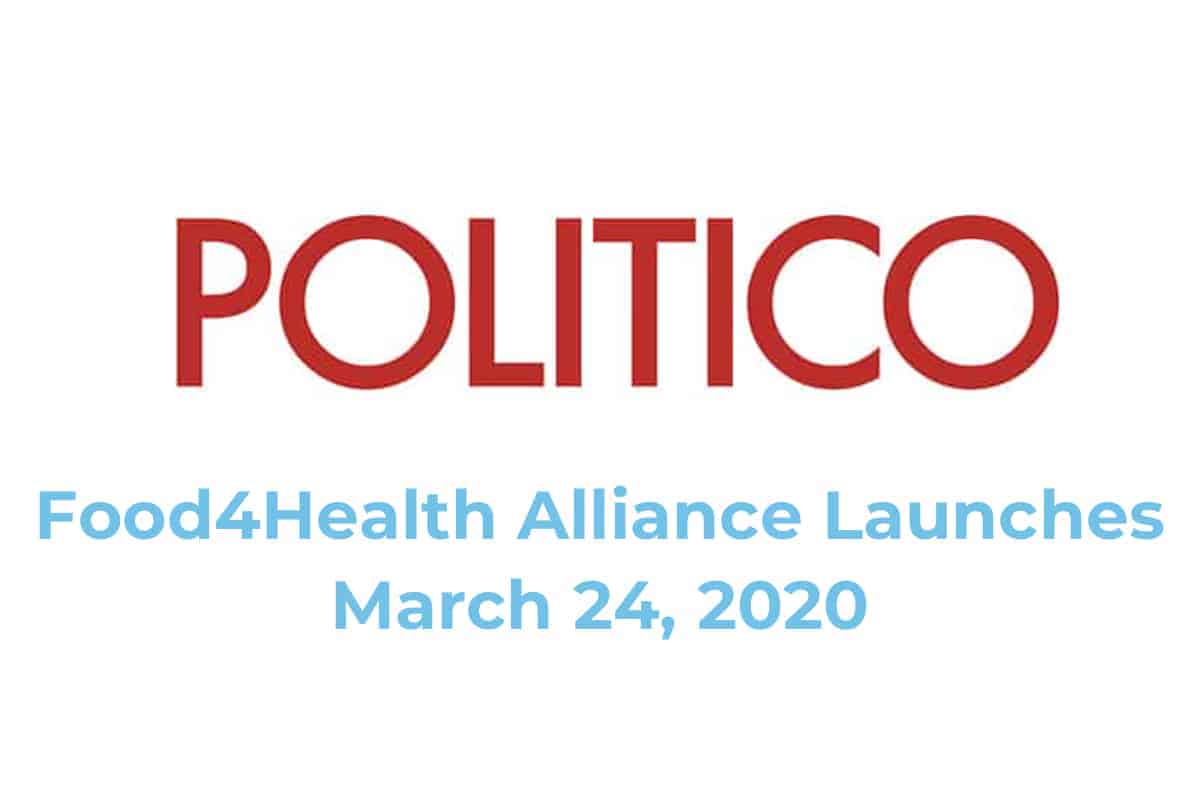FOOD4HEALTH ALLIANCE DISAPPOINTED BY THE NEW DIETARY GUIDELINES THAT DOES NOT ADEQUATELY CONSIDER OR INCLUDE MINORITY HEALTH
With the 2020-2025 U.S. Dietary Guidelines for Americans (DGA) released today, the Food4Health Alliance (F4H), which represents ethnic, racial and cultural minorities as well as nutrition specialists and other advocacy groups, remains alarmed that the nation’s official nutrition policy is based on studies conducted almost entirely on white populations, excluding a majority of Americans....




